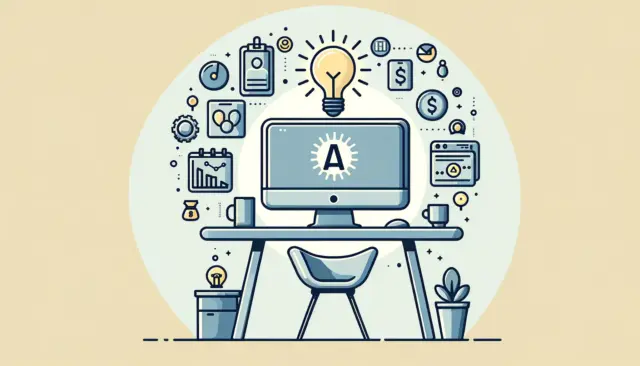
Consumer convenience fees increase across digital platforms. Grok AI’s development timeline becomes clearer. Scientific studies reveal new insights into states of matter. These developments impact consumers, technology users, and scientific understanding.
Digital platforms, including ticketing services and food delivery apps, raise convenience fees. Consumers pay more for online transactions. The fees, once a small add-on, now represent a significant portion of the total cost. Companies cite rising operational costs as the reason for the increase. Data shows a steady rise in these fees over the past year. Consumer advocacy groups express concern about the impact on low-income individuals.
Grok AI, the artificial intelligence model, progresses through development stages. Information surfaces about its training data and release timeline. Reports indicate a phased rollout. Early access users test core functionalities. The model focuses on real-time data analysis and response generation. Developers address concerns about data accuracy and bias. Public feedback shapes ongoing development. The model’s architecture receives scrutiny from AI researchers. They analyze its strengths and limitations.
Researchers examine the behavior of matter under extreme conditions. Studies focus on phase transitions and exotic states. Experiments involve high-pressure environments and low-temperature settings. Scientists observe unexpected changes in material properties. They gather data on electron behavior and atomic structure. The research expands understanding of fundamental physics. Findings could lead to new materials and technologies.
Convenience fees, a point of contention for consumers, affect everyday transactions. Fees rise across platforms. Online ticketing services add fees to each ticket purchase. Food delivery apps increase service fees and delivery charges. Payment processors adjust transaction fees. Consumers see these changes on receipts and online statements. They compare prices across platforms. They look for alternatives to reduce costs.
Grok AI’s development timeline provides a roadmap for users. Early access programs allow select users to test the model. Developers collect data on user interactions. They use this data to improve the model’s performance. Public demonstrations showcase the model’s capabilities. Users ask questions about data sources and accuracy. Developers address these questions in blog posts and online forums. They release updates to address bugs and improve performance.
State of matter research involves complex experiments. Scientists use specialized equipment to create extreme conditions. They measure changes in material properties with precision. They analyze data from particle accelerators and high-powered lasers. Research teams publish findings in scientific journals. They collaborate with researchers from other institutions. They share data and expertise to advance scientific understanding.
Consumers express frustration with rising fees. They question the transparency of fee structures. They seek clarity on how fees are calculated. They demand better value for their money. They consider switching to alternative platforms. They file complaints with consumer protection agencies.
Grok AI’s development faces challenges. Developers address concerns about data bias. They work to improve the model’s ability to handle complex queries. They test the model’s performance in different languages. They seek to prevent misuse of the technology. They collaborate with ethicists and policy experts.
Matter research reveals new properties of materials. Scientists discover new phases of matter. They explore the behavior of quantum materials. They investigate the properties of superconductors. They study the behavior of matter in extreme magnetic fields. They aim to develop new materials for energy and technology applications.
Consumer groups advocate for fee transparency. They call for regulations to protect consumers. They provide resources to help consumers understand fees. They encourage consumers to compare prices and seek alternatives. They promote consumer education about digital transactions.
Grok AI developers release updates based on user feedback. They improve the model’s accuracy and response time. They add new features and functionalities. They address security concerns. They provide documentation and support for users.
Scientists publish research papers detailing their findings. They present their work at conferences. They share their data with the scientific community. They seek to advance knowledge and understanding. They collaborate with industry to develop new technologies.
The increase in fees impacts consumer spending. Consumers adjust their budgets. They reduce discretionary spending. They seek ways to save money. They use coupons and discounts. They compare prices before making purchases.
Grok AI’s development continues. Developers work to improve its performance. They expand its capabilities. They address ethical concerns. They seek to make the technology accessible.
Matter research expands scientific knowledge. Scientists contribute to fields such as physics and materials science. They develop new tools and techniques. They collaborate with engineers and technologists. They aim to create practical applications for their research


















